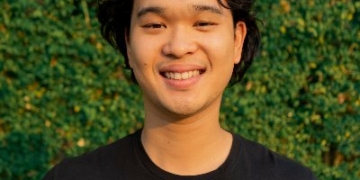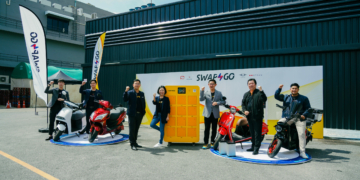For our female readers, when that time of the month rolls by, you probably head to a nearby Boots or grab a couple of packages from the personal care section in aisle 5. It’s been a ten year+ routine (or more, or less), yet you’re always buying the same brand.
And what’s with that super cooling fresh one? You know which one we mean.
It’s a necessity we don’t stop to think about, we buy what’s available and what’s convenient for us. But here’s some food for thought? Why does it remain one of the few unchanged, disrupted products since our grandmothers’ generation?
These questions are valid, and Bangkok based ira is set to tackle this mission with its biodegradable, organic and affordable sanitary pads brand where women can simply go online, click to buy and wait for delivery.
.
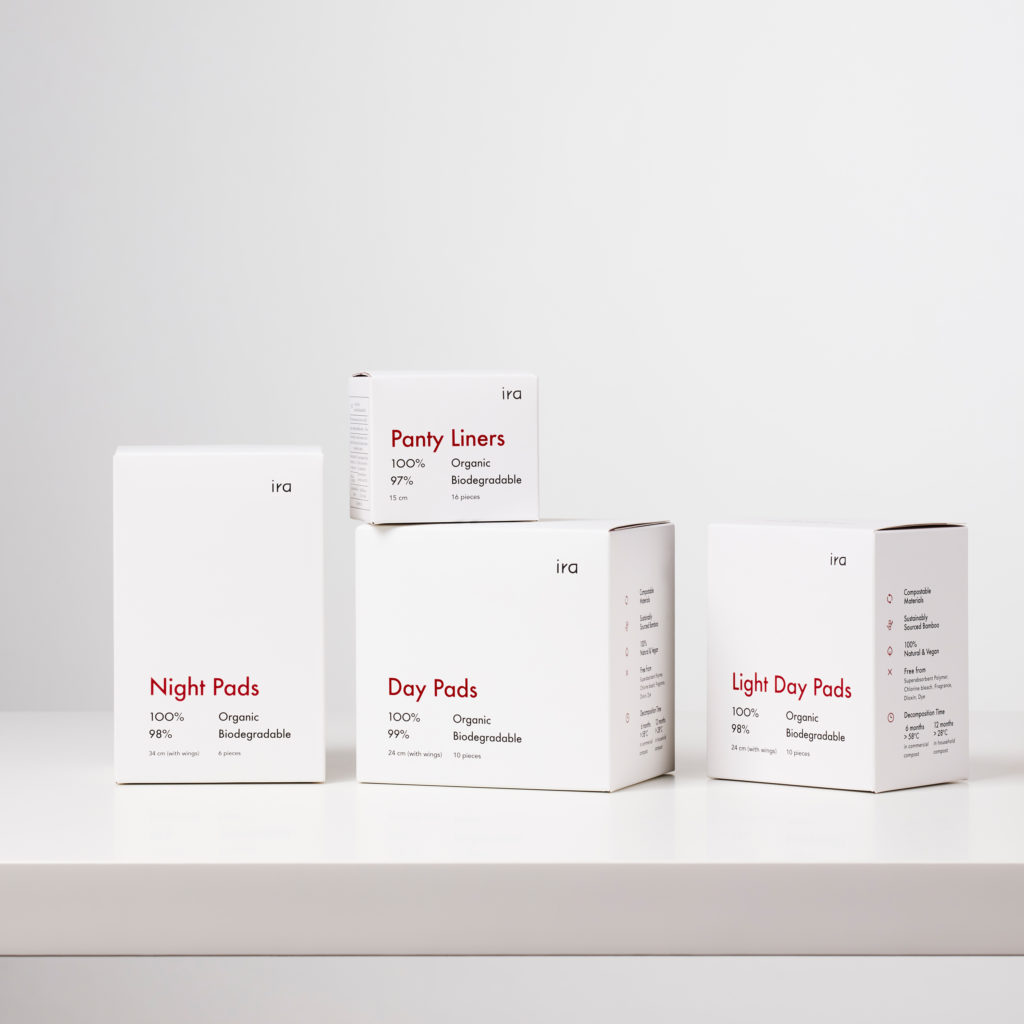
The Subscription Model
Think about it this way, isn’t it easier to set up your monthly payments, then have it be out of sight, out of mind? When we look to business models in the west, there’s no escaping the likes of Dollar Shave Club, which set out to disrupt the way American men bought their razors. It started as a bootstrapped, scrappy little venture and eventually turned into a , and ultimately was acquired by the very giant it set out to disrupt; Unilever for US$1 billion.
Its competitor, Harry’s, also set out to be another disruptive player and was close to being acquired by Edgewell Personal Care in 2019, but the potential buy out was blocked by the Federal Trade Commission due to claims that it would eliminate competition.
The very idea behind the likes of Dollar Shave Club and Harry’s, is that every day necessities like razors should be affordable, convenient and basically, sits well in your bathroom.
The female equivalent to shaving razors would be sanitary pads. No woman lives without them, and we need to stock up monthly. Yet, the subscription model has been slow to adapt for this segment, particularly in Thailand where we rarely do subscriptions for anything.
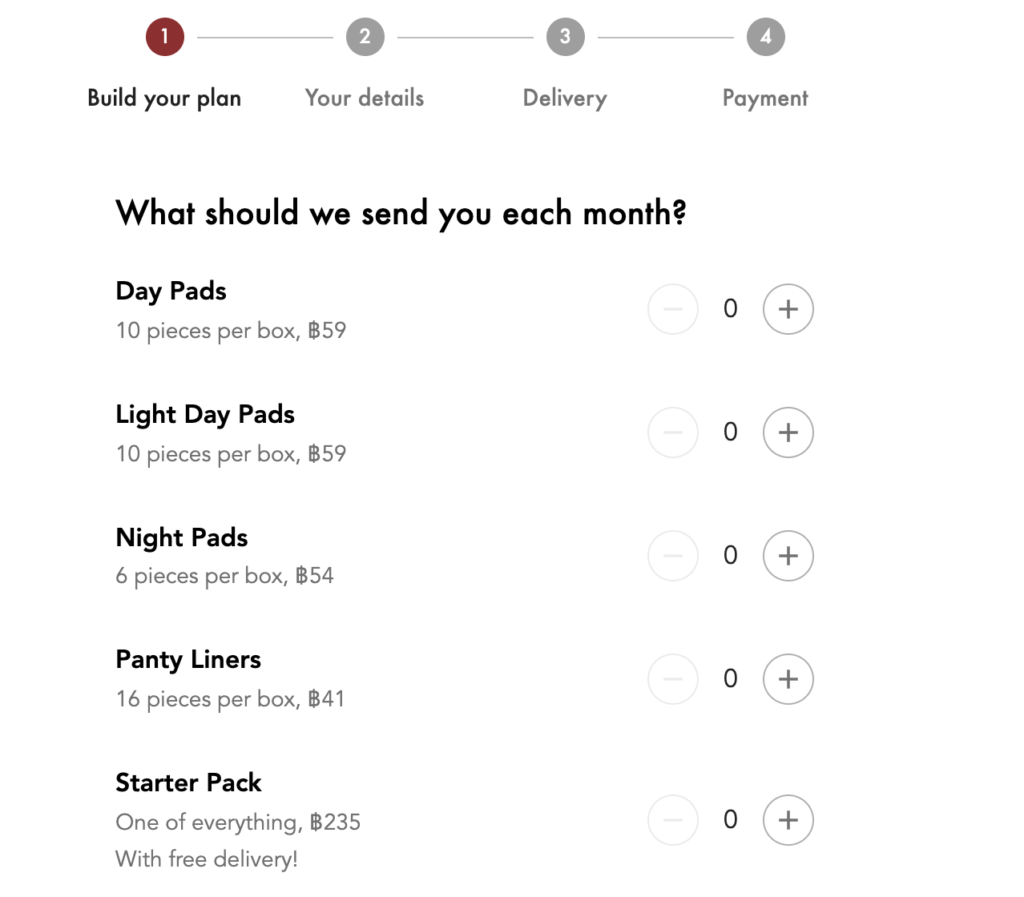
This is why ira has set out to become possibly the first subscription based platform for personal care in Thailand. And for those who wish to just buy a couple of boxes first without commitment, that’s fine too.
The Social Enterprise Angle
ira was founded with a clear social enterprise mission in mind.
For founder Varangtip ‘Rung’ Satchatippavarn,it was a long journey of self discovery upon graduating with a Biological Sciences degree from Durham University in 2016. Rung then moved back to Bangkok to join the National Innovation Agency (NIA) to work with startups and drove partnerships. It was here that Rung was exposed to various cultural norms and frustrations common within government agencies.
“I started to think that sanitary pads should be a basic human right, not something that many women have to buy or at least, have more options to choose from if we had to spend money.”
As Rung began to become more passionate and vocal in the space of women’s rights and equality, she thought of the one symbol that could become the gateway in raising more knowledge and awareness; sanitary pads.
“I came up with ira concept to start my journey in creating a fully fledged women’s movement, the sanitary pads are just the beginning”.
There’s also something in the name. Ira is in fact, a unisex name which means ‘Watchful’ in Hebrew and ‘Earth’ in Sanskrit. When asked why a unisex name appealed to an inherently female product, Rung says she wants ira to be an inclusive brand that really appeals to everyone.
The world has been shifting towards a more aware and inclusive methods of commerce. The younger generation, pioneered by millennials and spearheaded by Gen Zs are mindful about what they buy, what the brands represent and how they personally feel aligned with the product.
With ira and all its minimalistic charm and chemical free natural products, it’s speaking directly to a generation of Thai consumers who want to feel like the products they buy is truly designed for them, a brand with purpose who have consumers in mind when they curate the packaging, design the product and more.
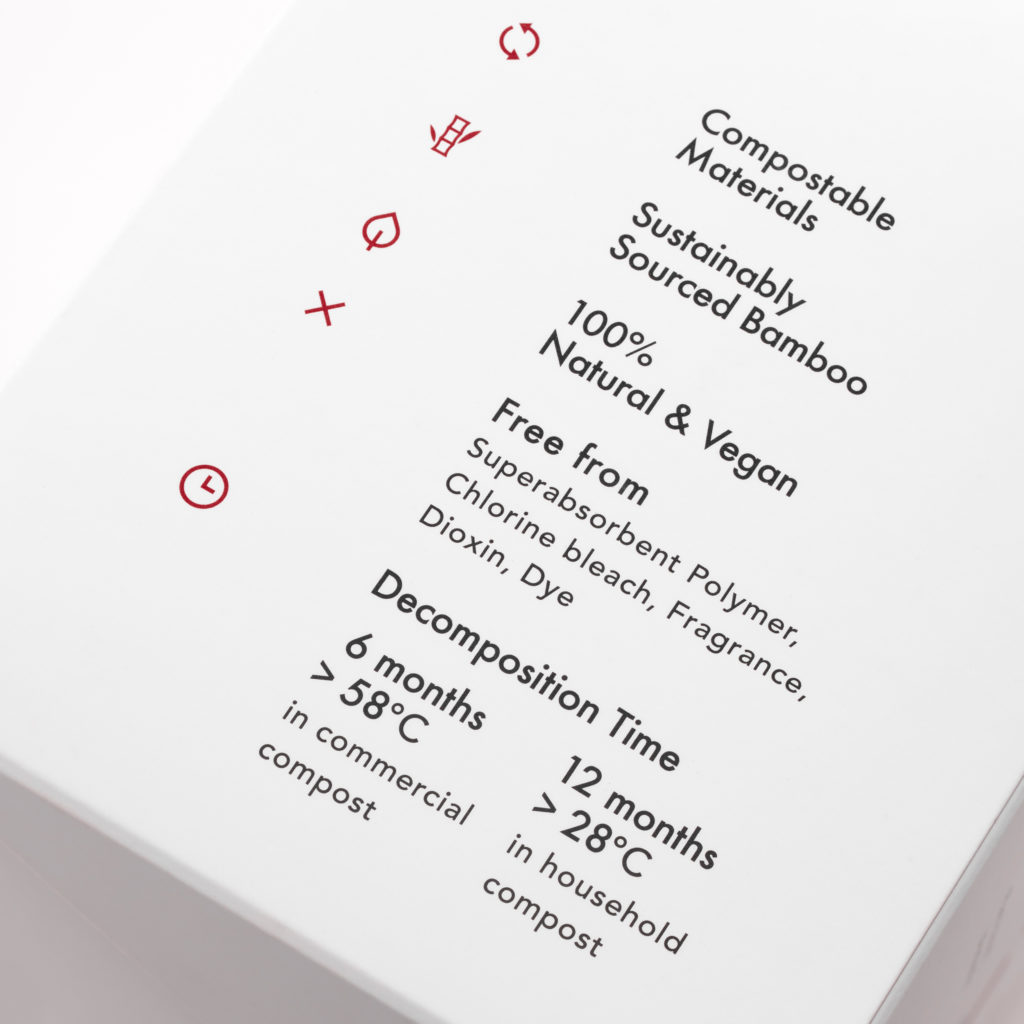
ira is well designed, subtle and has no chemicals. It is also affordable, with a box of 10 setting you back THB59 baht. A slight premium on what’s available, but a good start.
The brand acknowledges its challenges, though. One key problem? The very issue of human behavior,
“Because sanitary pads can be found in the supermarkets and pharmacies, not to mention its all the brands you’re familiar with, it’s going to be difficult to break that pattern,” notes Rung.
But sometimes, all you need is a challenger brand to show you how it could be done.
Disrupting the Status Quo
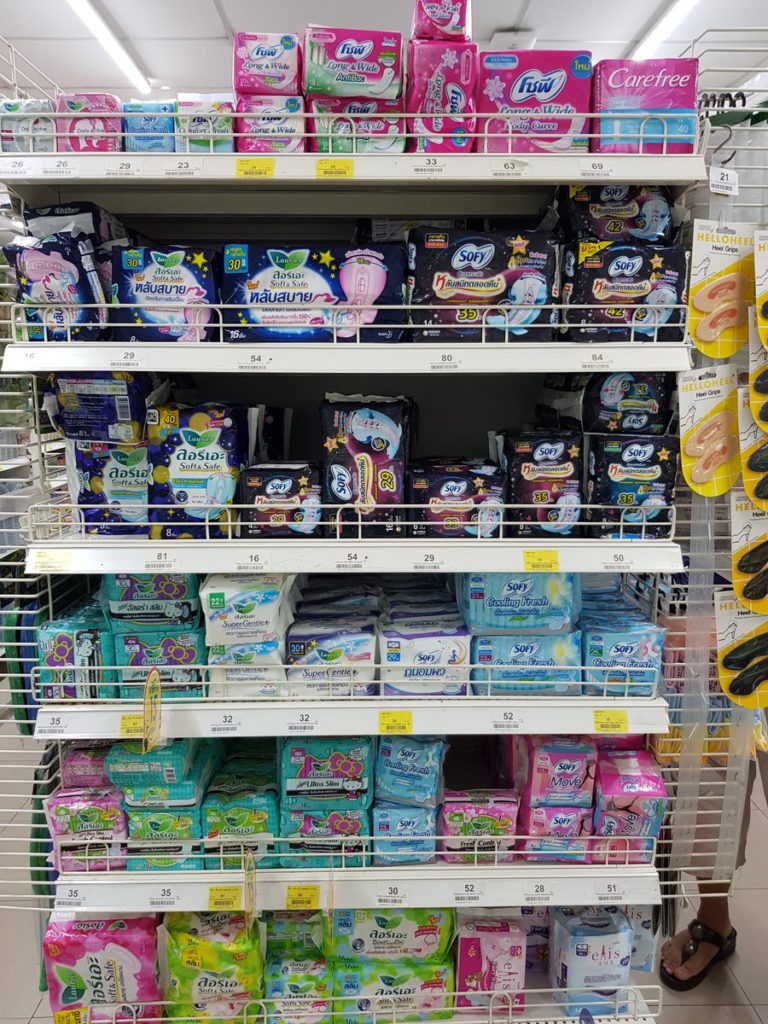
“These companies have been around for decades, yet all the products remain the same,” says Rung. “What more is that most of the time, the business decisions are being made by male executives.”
This is why Rung decided that ira had to have a sleek, minimalistic, clean design.
“One of the existing social taboos is that you check out at the supermarket, then carry your sanitary pads in plastic bags, it’s still a bit of a stigma for women. Why shouldn’t we use subtle, but nice packaging?”
ira’s products look and feel like a global product. What more is that because ira is starting as a disruptor, they can bypass the shelves (for now) and be directly accessible online, with orders just a few clicks away. The process is streamlined to make it as easy as possible.
When we think about sanitary pads and women’s personal care market in Thailand, the only reigning players are Unicharm (Sofy) and Kao Industrial (Laurier). There is definitely room for more.
Some space can be made for a young, solo run up and coming challenger brand with a clear cut mission to both do good and scale up, don’t you think?
Where to find ira concept products


